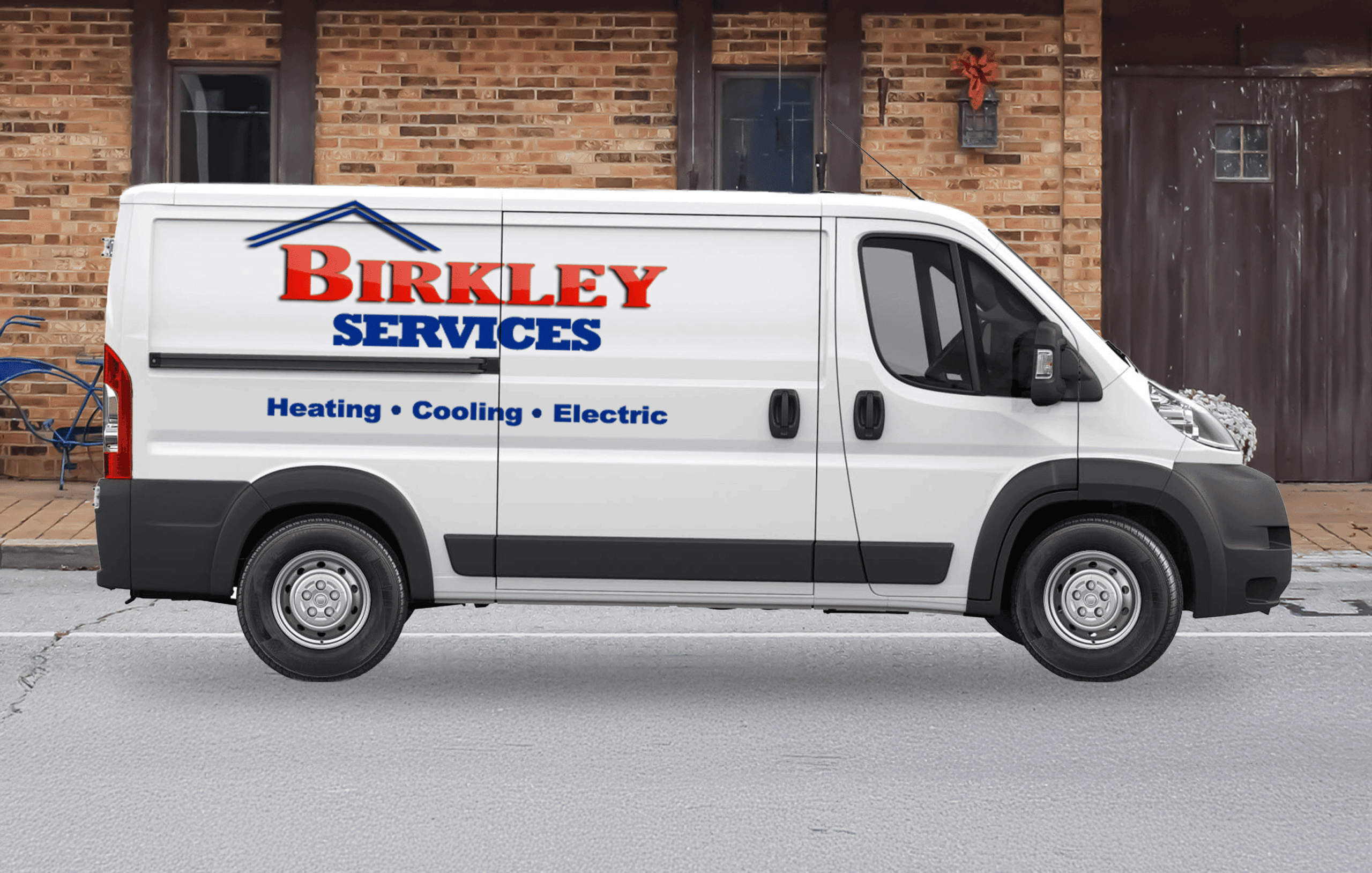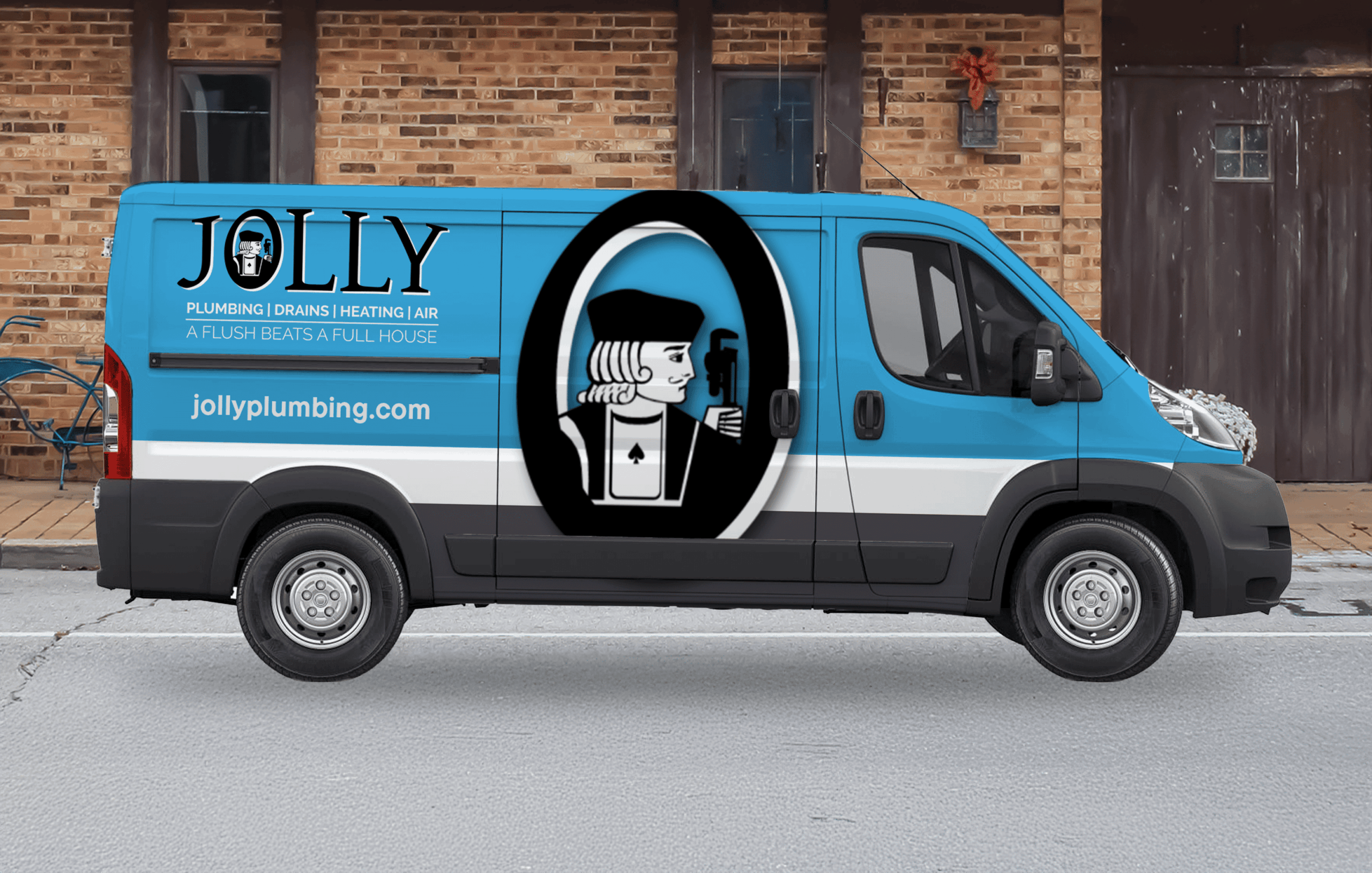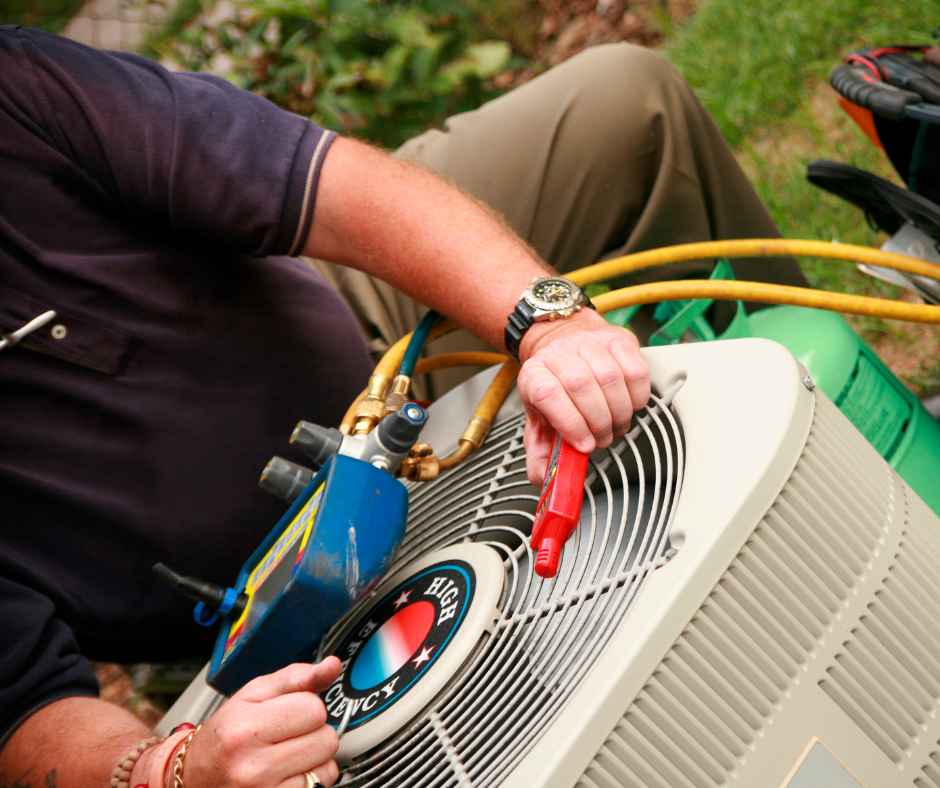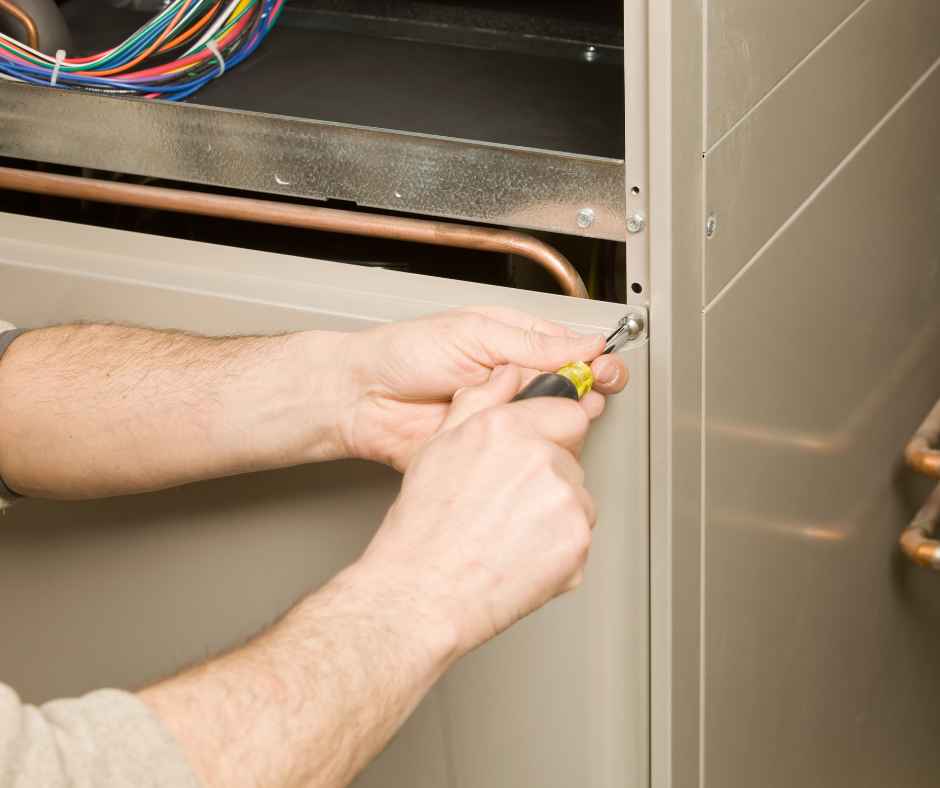Regardless of whether you believe that a cold or hot shower is better for your health, you must admit that taking a cold shower just plain sucks. Think about it, if both cold and hot showers have health benefits, why chose the more unpleasant option? If your water heater fails, you can’t just say, “Hey let’s just take cold showers, it’s great for our health!”
Your family will riot.
So if you need a new water heater, better get one ASAP. However, this brings us to the age-old gas vs. electric water heater debate. Which is better and which one should you get?
To help you make that decision, let’s take a look at the pros and cons of each type of heater.
Gas vs. Electric Water Tank Heater
You probably know this already but it bears repeating. A gas water heater burns fuel, usually natural gas, to heat water. An electric water heater operates using electric heating elements inside the tank.
When shopping for a new heater, here are some of the factors you should consider.
1. Capacity and Performance
How do you know if a water heater is enough to meet the needs of your household? You should look at two numbers: first-hour rating (FHR) and recovery rate.
The FHR indicates how much hot water a fully-heated unit can deliver in the first hour. It’s usually 70% of your tank’s total capacity.
On the other hand, the recovery rate is the amount of water that the heater can provide in one hour after it has been completely drained.
Gas water heaters have an edge when comparing FHR and recovery rates because the faster process will always be combustion. For families that have a high demand for hot water, gas heaters are likely the better option.
2. Power Supply Availability
If you live in an area without access to natural gas and propane, then you’re kinda stuck with an electric water heater. In the same vein, if your area suffers from frequent power outages, then a gas water heater makes more sense.
3. Energy Efficiency and Impact on the Environment
While there are high-energy efficiency models for gas heaters, an electric heater is still more efficient. A gas heater loses heat from exhaust gases while an electric heater converts nearly all of the energy to heat.
When looking at energy efficiency and because it doesn’t burn fuel, an electric water heater is probably better for the environment. Be aware that using electricity leaves a carbon footprint on its own.
4. Costs
At this point, if you’re like most consumers, you’re probably thinking this. “Forget all that, which one is better for my wallet?”
A gas heater unit is generally more expensive than an electric heater. Installation costs are also higher, especially if your home doesn’t already have gas lines. The gas line needs to be run to the house and you’re going to need a vent.
However, in most areas, gas is cheaper than electricity. So while you may pay more upfront for a gas heater, you’ll eventually make it up with the lower operating costs.
Maintenance costs are a wash because both gas and electric heaters are quite easy to maintain.
Need Help With Your Decision?
There are a lot of factors that have a bearing on the gas vs. electric question. It’s normal to still be undecided even after reading all this.
The good news is we’re here to help. Together, we can come up with the perfect water heater for your home. Contact us today!











